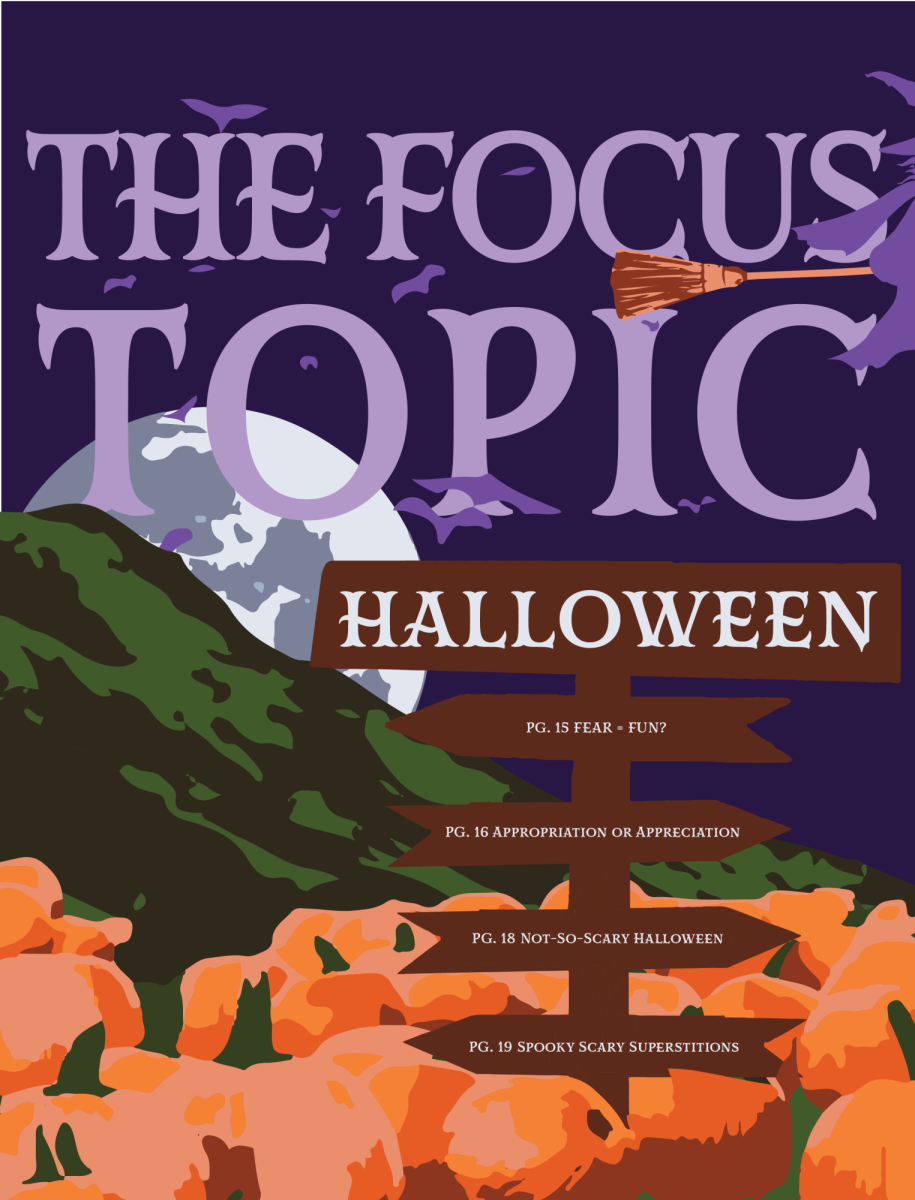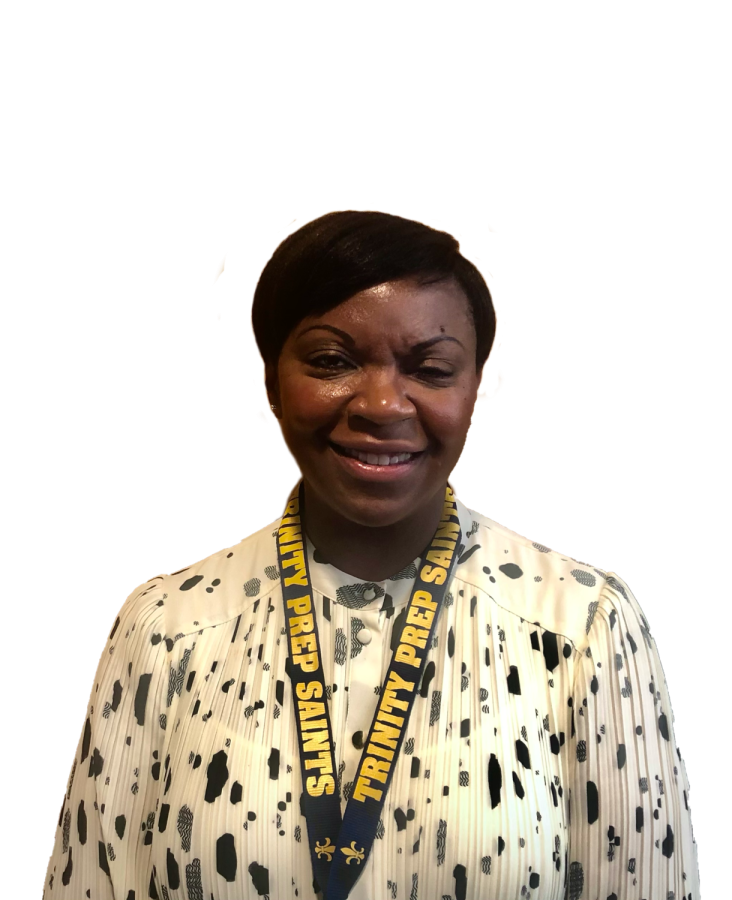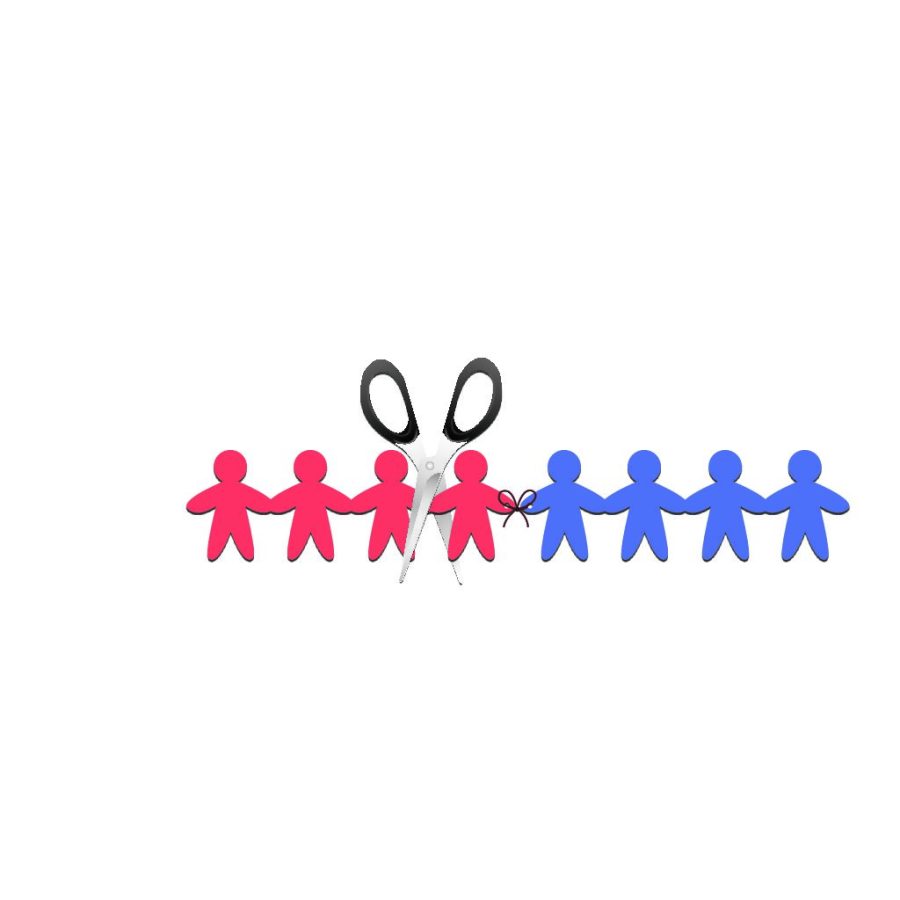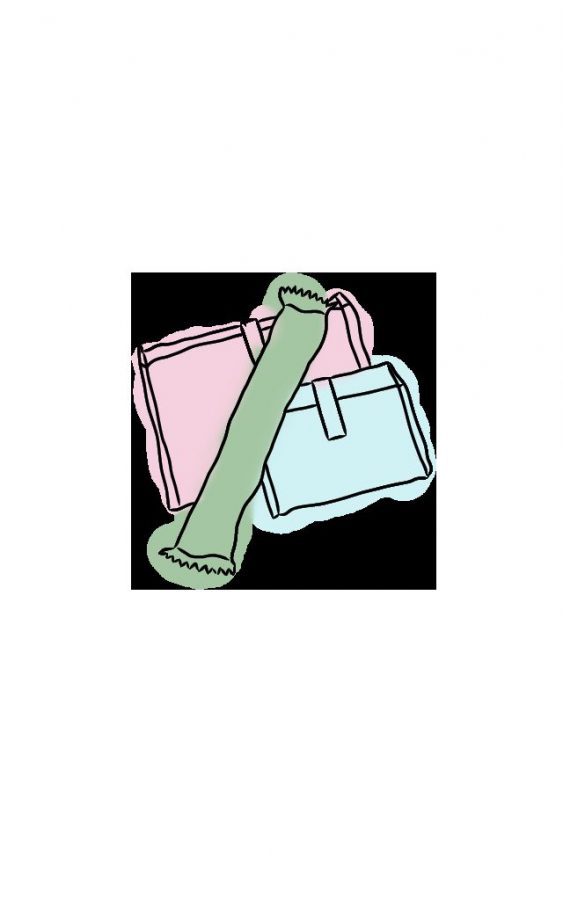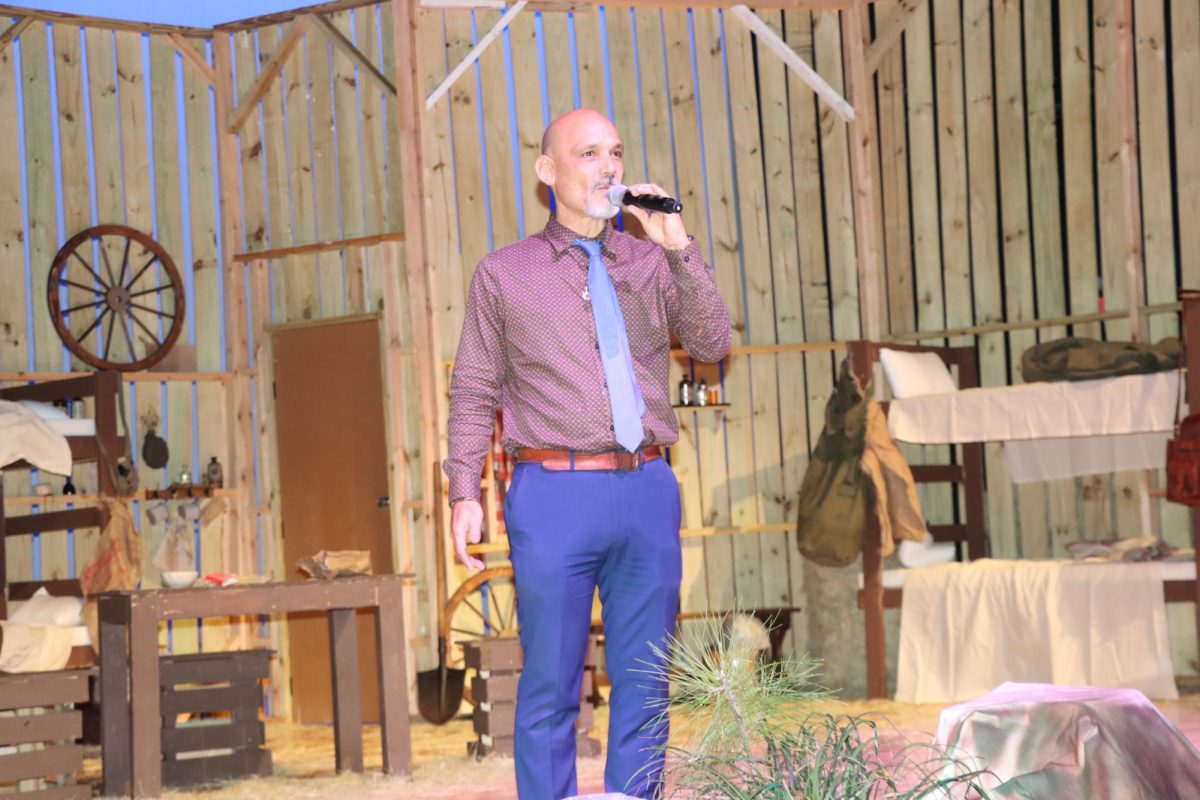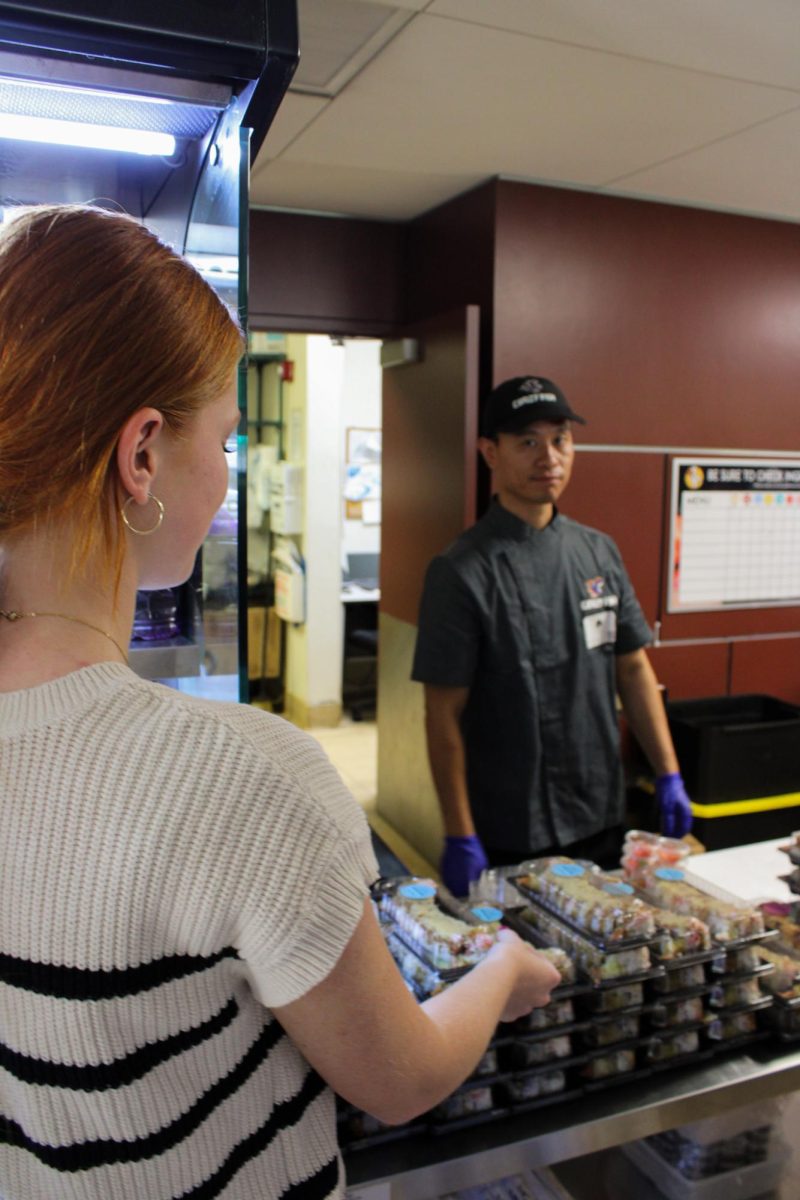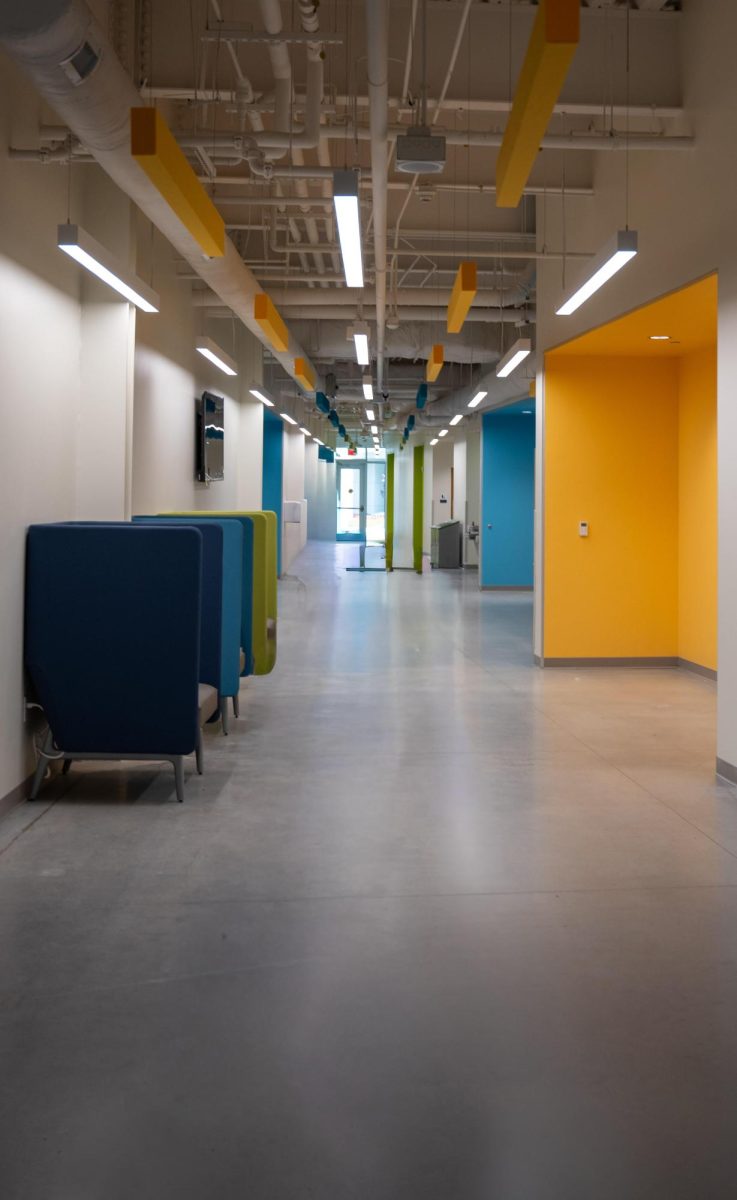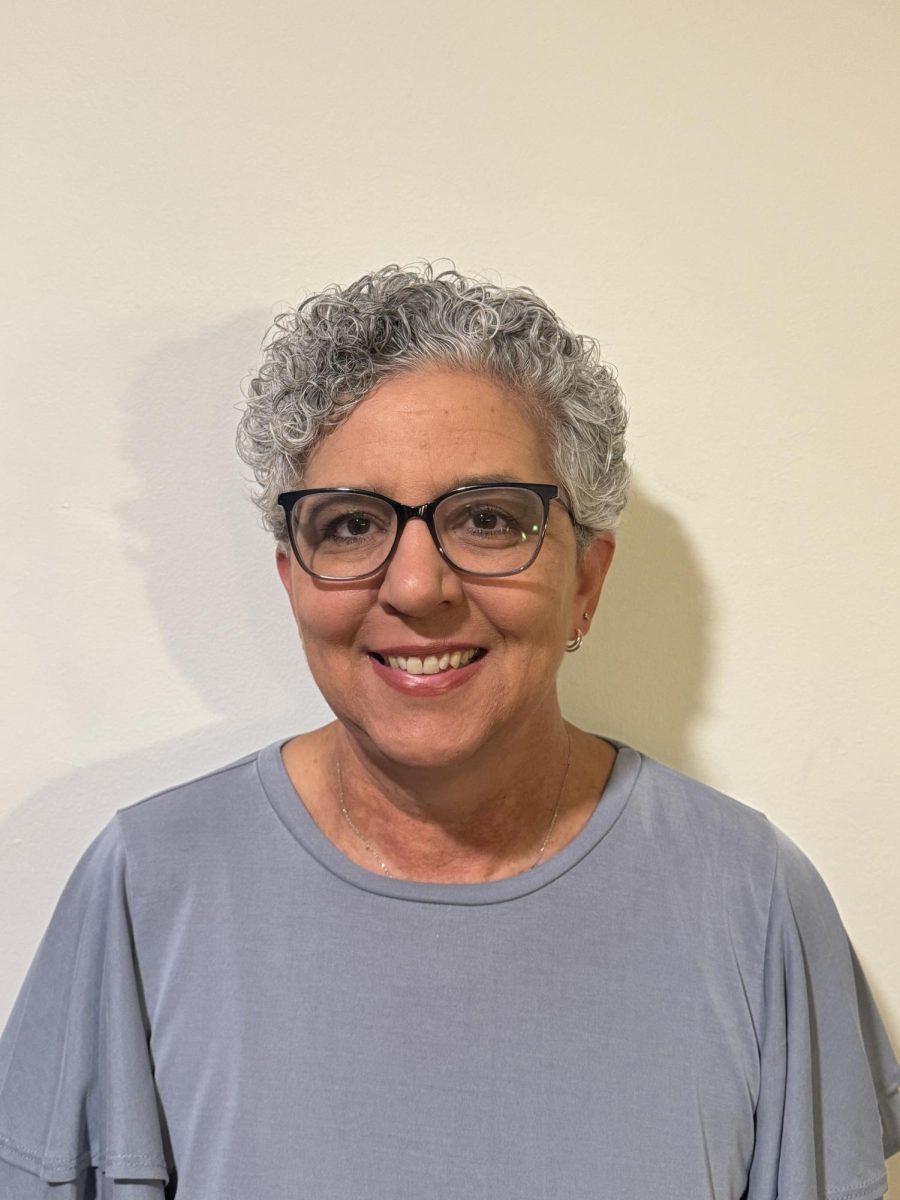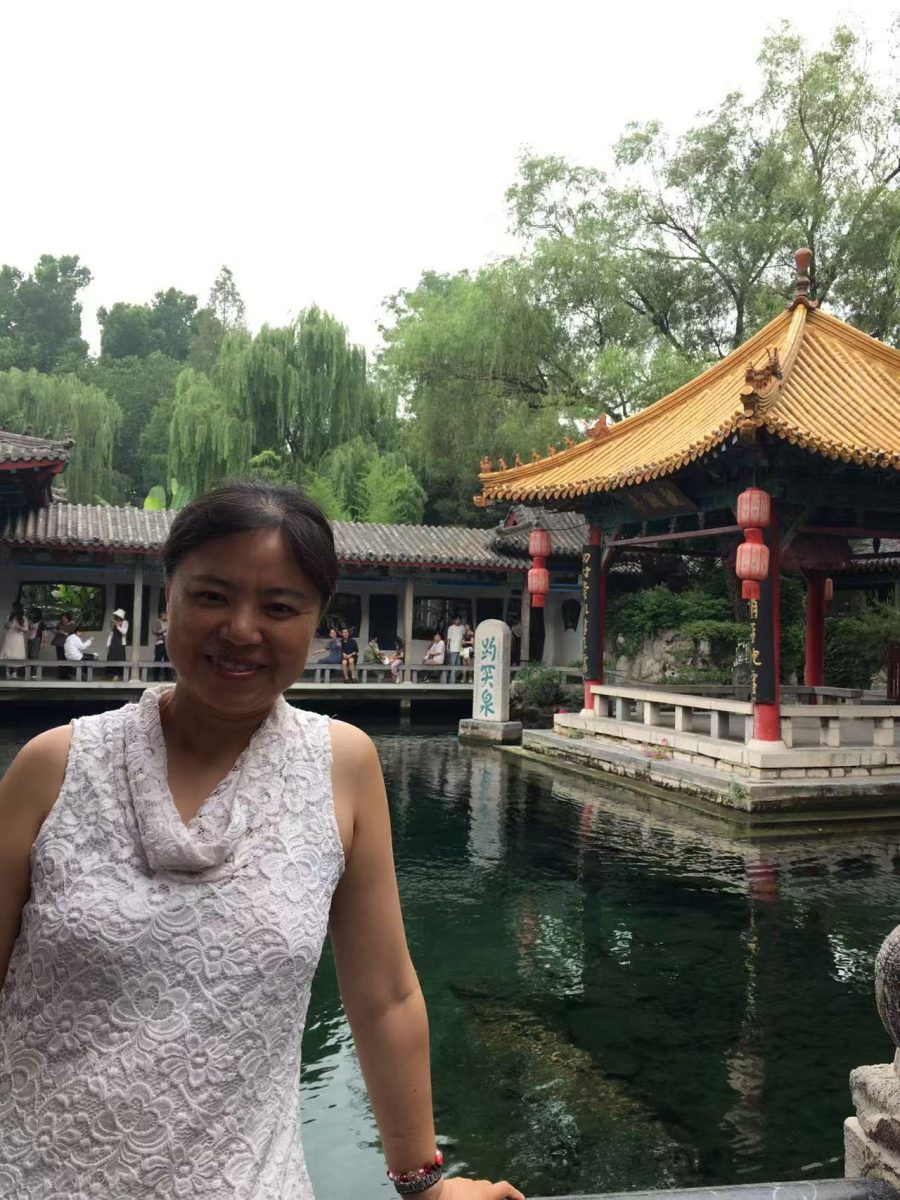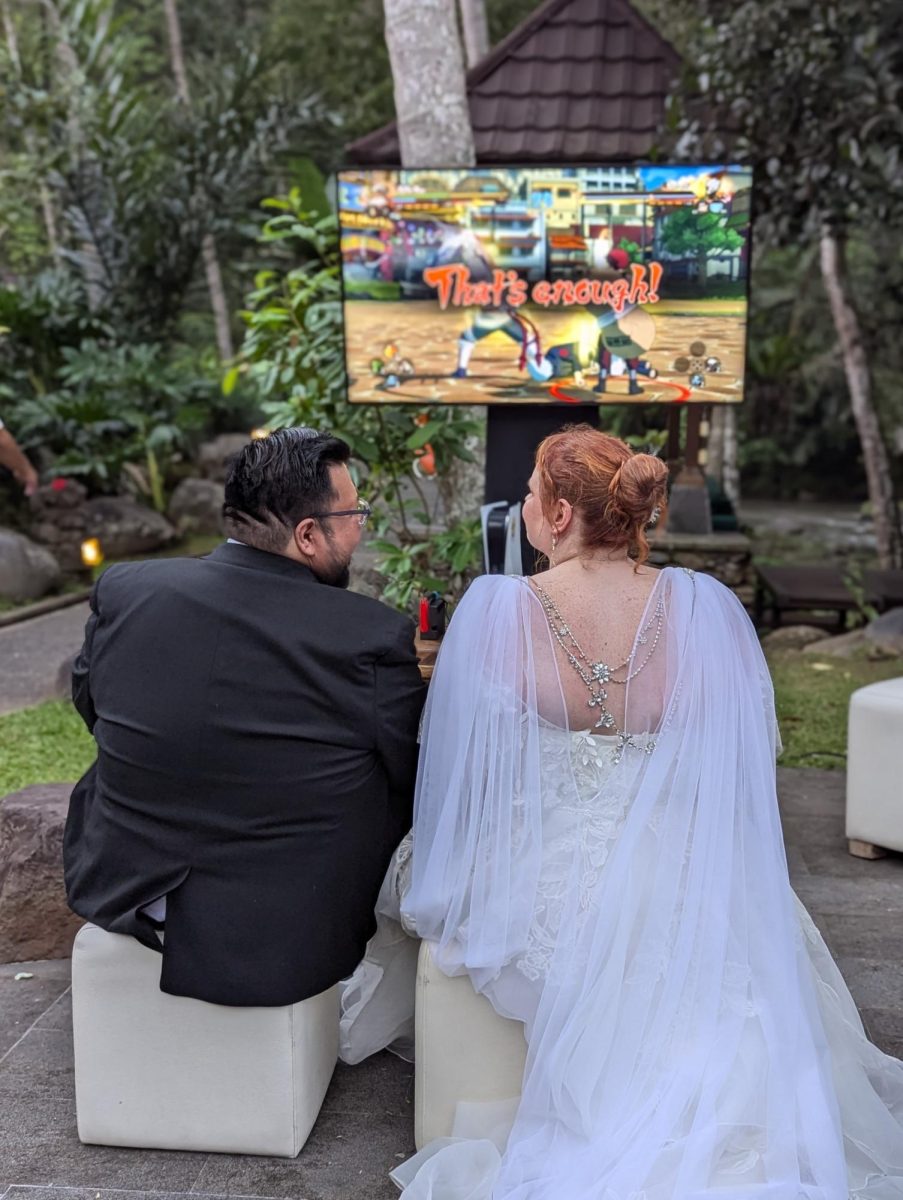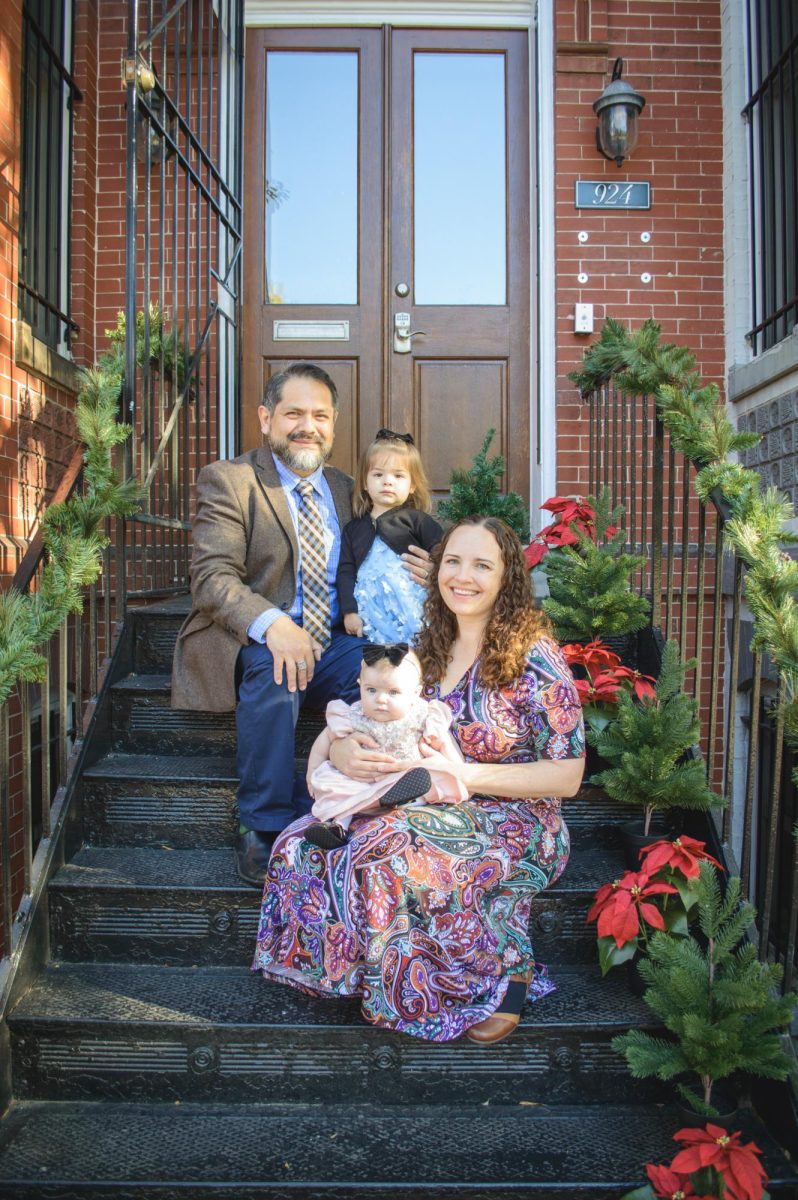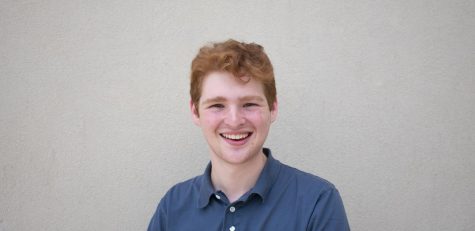In early August, Trinity students received the chance to test out a new course, Operation Outbreak (OO), only offered at one other school. Developed by Trinity alum Dr. Pardis Sabeti and researchers from Sabeti Lab at Harvard University, the course seeks to educate students about how to prepare for and respond to a pandemic. Dozens of students, including Junior Ela Patel, tuned in for the test run of the class on Zoom before the school year started.
“It’s good to be educated, especially when [the virus] hasn’t gone away,” Patel said. “It’s good to learn what we can do to protect ourselves and people around us.”
The course included 14 key topics for people to learn about during a pandemic, including “Modes of Transmission,” “Globally Emerging Pathogens,” “Factors of Epidemics,” and an “Introduction to Epidemiology.”
“The historical part was the most interesting,” Patel said. “Seeing the parallels between [the Spanish Flu] and now was fascinating.”
Right after graduation, Sabeti, currently a member of the Trinity Prep Board of Trustees, began talking to Head of School Byron Lawson about applying the OO curriculum to Trinity. Sabeti credited Lawson’s effort to bring the class and its resources to the TPS community.
“A Trinity alumna myself, I was so grateful for his interest to incorporate the OO curriculum, and I absolutely loved being able to re-engage with my high school alma mater,” Sabeti said. “We are humbled and grateful to be able to play a part in educating and empowering students, teachers, administrators and parents alike.”
Lawson had two end goals for the class: Arm the entire Trinity community with the tools to prepare for and respond to the COVID-19 pandemic, and to provide possible opportunities for Trinity students to do research with Sabeti Lab researchers. Even though Trinity was simply testing out the OO course, Lawson wanted to ensure that Trinity students could take advantage of this unique opportunity.
“She was working on a curriculum for the Chicago Public School System, and we were going to test it out,” Lawson said. “We were the guinea pigs…so that you knew what it meant to live in a pandemic before you came back to school, so that you would have the tools to help us survive this, and if it came into the community, its impact would be…minimized.”
Another aspect of the class was connecting STEM-driven Trinity students with researchers at Sabeti Labs, which could provide beneficial research opportunities in the future.
“There’s an opportunity for deeply interested science students at Trinity Prep, to spend time learning not only more about how you stop pandemics, but how you become part of a research team that’s got a global reach,” Lawson said.
Sabeti agrees that the number one goal for the curriculum is to provide students with the information and skills necessary to live in the age of a pandemic.
“When implemented nationally and when engaged regularly, we hope the program will facilitate swifter, more efficient, targeted, and responsible responses to future pandemics or outbreaks,” Sabeti said. “Fundamentally, we believe teaching students early on and regularly thereafter about outbreak science is not only important, but vital to ensuring the health and safety of communities across the globe.”
Junior Ela Patel agrees that it is always good to be educated about how pandemics work, especially because many people around the world are still not taking COVID-19 seriously.
“I think that if they saw the impacts of pandemics and the historical background, they will understand why this is such a big deal,” Patel said.
Whether students want to pursue careers in epidemiology or not, Sabeti hopes that OO can help prepare them to be “disease detectives” for their communities to help fight pandemics like COVID-19 in the future. Lawson hopes that later this semester, all Trinity students will be able to participate in the course.
“Think about the opportunity here,” Lawson said. “It helps us meet our mission. This is exactly what you’re supposed to do with a Trinity Prep education: incredible scholarship, rigorous research and social good.”




